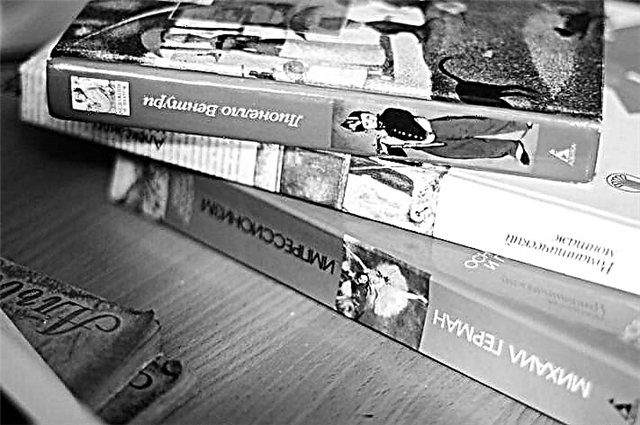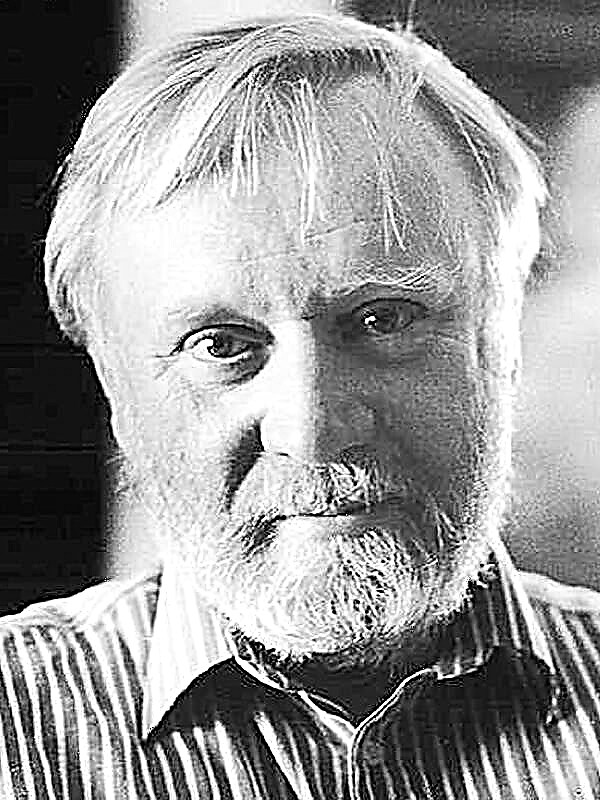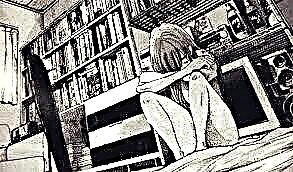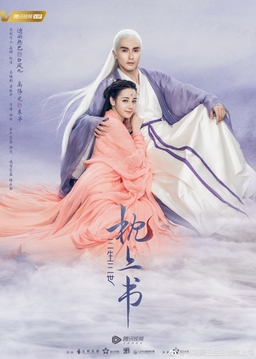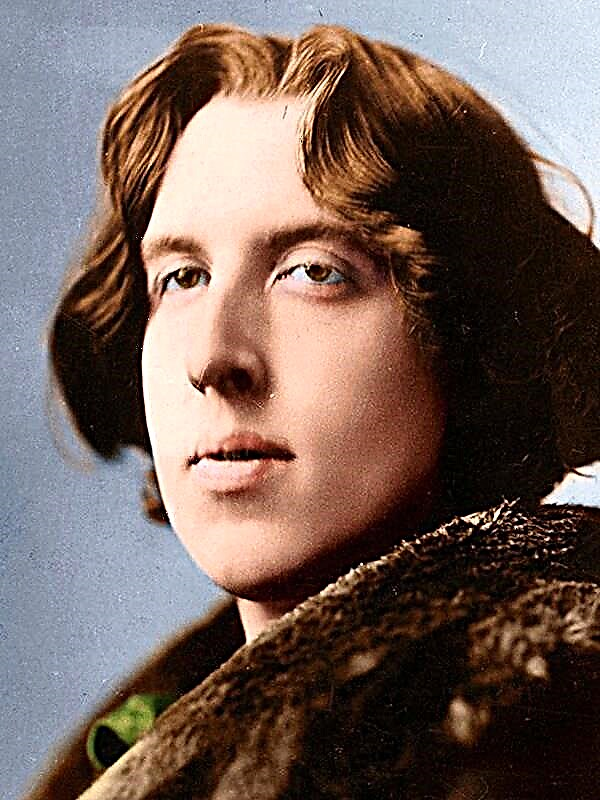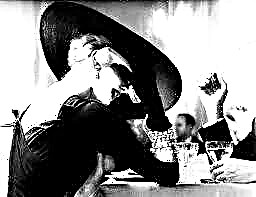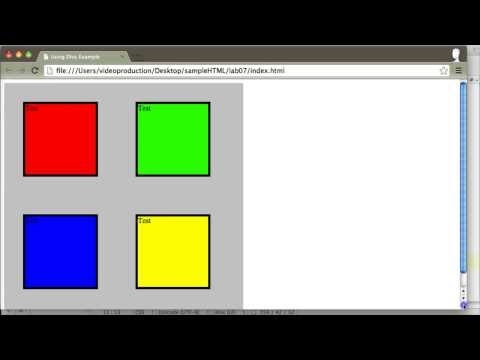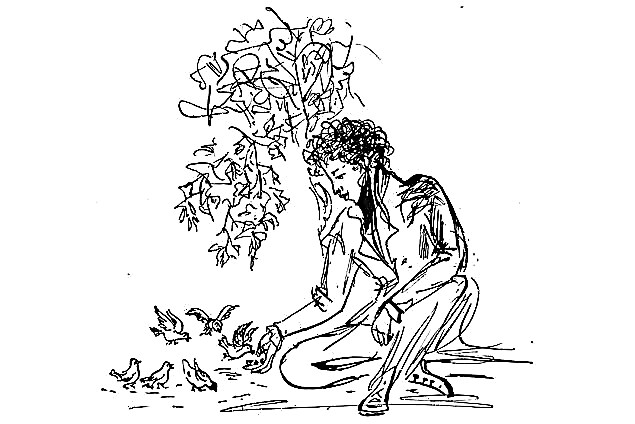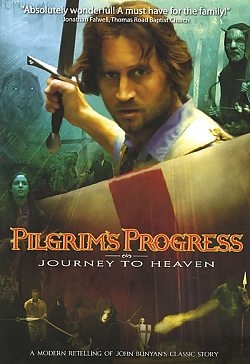No matter how students in grade 11 want the opposite, the exam is getting closer and closer. Very soon, graduates will sit down to write very important exams, on which further admission to higher education depends. Those who have chosen literature for delivery can now begin to repeat the main works of the school curriculum and actively write essays on a wide variety of topics. It is about the latter that will be discussed. A good essay on literature can bring a student a large number of points. Many are very much afraid of him, but in vain. The most important thing is to draw up a clear plan and cite relevant literary examples. And the more essays will be written before the exam, the greater the likelihood of a high result!
Writing Algorithm
- Before writing an essay, make sure that you know the material well and that you can expand on the proposed topic using literary works.
- If you have decided on the theme of the essay, then you can start writing a plan. It can be simple or complex. The main thing is that each point expresses a proof of your point of view or reveals the main theme of the composition.
- If necessary, after the plan, you can write theses or key points of a book that will further reveal the selected topic.
- It is best to write an essay on a draft first. There you can calmly correct mistakes or shortcomings and make the necessary changes to the material.
- After writing a draft version of the essay, re-read it and be sure to fully disclose the topic, take into account all the points in the plan and select the correct / accurate literary examples.
- Then you can rewrite the essays on the clean man. But do not forget that the material must be double-checked in order to avoid errors and inaccuracies!
Templates and cliches
| Part of the text structure | Template or cliche |
| Introduction | 1. This topic has long worried humanity; 2. More than one author has thought about this problem. (author name) was also no exception; 3. (Name of the author) addresses this topic in his work ”; 4. This topic is of interest to many writers. |
| Problem identification | 1. (Name of the author) poses a very urgent problem for us - ...; 2. (The name of the problem) is relevant to this day; 3. The author addresses this problem in his work. |
| Commentary problems | 1. This / this problem means ... 2. The author wants to convey to us ...; 3. The essence of the problem is that ... |
| Author's thought | 1. The author's position is that ...; 2. In this work, the main idea of the author is very clearly expressed; 3. It is not difficult to guess that the author’s thought is ...; 4. The author convinces us that ... |
| Own opinion | 1. I fully share the author’s point of view; 2. The position of the author is close to me; 3. One cannot disagree with (name of the author); 4. I agree with the above point of view. |
| Literary reasoning | 1. The main idea is clearly expressed in the work (title); 2. This topic is displayed in (title of the work); 3. This problem / topic worried many writers; 4. This theme is found in many works. |
| Conclusion | 1. Thus, the opinion of the author truthfully and accurately reflects reality; 2. It is difficult to disagree with the opinion of the author; 3. These works teach us; prove / show us ...; 4. To summarize, we can say that ... .; 5. As we see ... |
Sample topics
- What internally unites the "fathers of the city" and landowners in the poem of N. V. Gogol's "Dead Souls"?
- How does IA Bunin's prose reveal the theme of the earthly and the eternal?
- How do the theme of love and the theme of conscience resonate in A. N. Ostrovsky’s drama The Storm?
- What is the peculiarity of the sounding of a patriotic theme in the lyrics of M. Yu. Lermontov?
- How is the ending of A. Blok's poem “The Twelve” connected with its main content?
- What role do hero monologues play in revealing the image of Chatsky? (Based on the play by A. S. Griboedov “Woe from Wit”)
- Pages of Russian history in the latest Russian literature. (On the example of one or two works of the 1990-2000s)
- The theme of native nature in the lyrics of S.A. Yesenina
- Which of the characters of the novel L.N. Tolstoy's “War and Peace” is most interesting to you and why? (Based on the analysis of the work)
- What role in the novel by I.S. Turgenev's "Fathers and Sons" play descriptions of nature?
- What is the trouble and what is the fault of the garden owners? (Based on the play by A.P. Chekhov “The Cherry Orchard.”)
- What is the feeling of love in the lyrics of F. I. Tyutchev?
- How are dreams and reality opposed in the play by M. Gorky “At the Bottom”?
- How is the theme of honor and dishonor revealed in the novel by A. S. Pushkin “The Captain's Daughter”?
- What role did the Melekhov family play in shaping the spiritual world of Gregory? (Based on the novel by M. A. Sholokhov "Quiet Don")
Composition plan
The structure and composition of the essay is a memo required in the work on the essay. It is advisable to learn it in order to calmly work on the spot according to a long-known plan. It is important to remember that it is not necessary to start with the introduction, you can throw in the main part and build on it, so that all parts of the work are logically justified and connected.
- Epigraph. This is not necessary, but may add points. It is necessary to select the exact quote from the work, so that it is logically related to the content of the work. If you are not sure of the accuracy of the wording or its semantic load, do not write the epigraph (it is made out without quotes, the author’s F.O. without brackets. If you quote verses, put them in a column also without quotes).
- Introduction - at the very beginning of the essay you can tell about the history of the creation of the book, corresponding to the cultural era or about the author. It is also necessary to logically bring thought to reasoning on a selected topic, to formulate a question from which you will proceed in the following parts. It is important to indicate exactly what the problem is in the text, and what exactly the author thinks about. The most popular “introductions” can be called a rhetorical question (What did Bulgakov want to say between the lines?) Or a quote from a supporting work (a book that you use as a source of arguments). However, the second option is more difficult, because the quote is easily misinterpreted, and the jury may have doubts about your honesty (But didn’t he write it off for an hour?).
- Main part. In this section of the text you indicate what place the problem occupies in the text itself, its significance in modern society. For solidity, you can indicate the opinion of the writer about a particular problem. The most important thing is the accurate transmission of his thoughts. Own opinion is also necessary, at least at the level of agreement or disagreement with the author’s point of view. But remember that you need to deny it, relying on something, and criticism of the author’s position is much more difficult. If only because the writers in such texts broadcast basic truths, which are usually shared at least in words. It happens that a smart student gets fewer points than a mediocre one, only because he defended his convictions, confused the person checking the wave of emotional attacks against the author, and set the teacher against himself. But the basis of this section is, of course, literary arguments. As an example, you give only those works in which there is a similar problem. If necessary, you can briefly retell the content, but the most important thing is to logically substantiate how your argument relates to the theme of the essay.
- Conclusion - a generalization of the foregoing. This is the same introduction, but there you asked a question, now is the time to give an answer. You must summarize your reasoning, expounding the same thoughts as at the beginning, but in other words.
It is important to remember that in an essay on literature much attention is paid to terminology. For a high score, the text should have at least 5 terms (for example, a novel, author, hero / heroine, eyeball, epithet, comparison, etc.)!
Composition example
How is the ending of A. Blok's poem “The Twelve” connected with its main content?
(279 words) As you know, the poem "Twelve" quarreled the author with many friends. In particular, the readers were confused by the final scene, where the detachment of killers was led by Jesus Christ. She contrasted with the main content of the work and at the same time gave him an assessment. To this day, disputes do not cease what Blok wanted to say.
There are two main versions of the finale. The first is that "in the white crown of roses" is the Antichrist. Together with the Bolsheviks, he triumphs, Russia is plunged into chaos. Evil characters speak in favor of this version: the intellectual elite in the image of a scoundrel dog is driven out of the country. The same gloomy notes, for example, sound in the poem "Scythians" (1918). Symbolist poet calls the Russian people “darkness” and says that “treachery is available to him”. That is, he negatively assesses the changes. All this is logical, but somehow artificial, and after all, Blok wrote that he composed the work in a burst of inspiration.
The second version says that it is Christ who leads the detachment of the Red Guards. This is also logical, because the Messiah himself proclaimed truths that were revolutionary during the time of Caesar. We see the same rebellion in the words of the heroes. While they are not accepted, but the future is on their side. The white crown of roses on Christ’s forehead is a symbol of purity, and also a sacrifice, because the thorns of the rose hurt. We can also see the author’s approval of the coup in the work “On the Kulikovo Field”. Speaking about the fate of the fatherland, he mentions the upcoming "high and rebellious days." So he believes in the success of the revolution. Thus, I am of the opinion that the finale explains the content of the poem: Blok expresses the hope that Russia will be reborn in the revolutionary tribe.
In conclusion, I would like to say that the author sincerely believed in the healing power of the coup, but later became disappointed in it. However, the meaning of the final does not change from this: Blok welcomed the revolution and considered its all-devouring fire (killings, robberies, violence) saving for Russia.
Criteria for evaluation
The first criterion “Content aspect” is the most important. If the examiner puts 0 points for him, then the essay is not checked further, and the student does not receive anything for him.
The recommended volume is 150-200 words.
- Correspondence of the essay to the theme and its disclosure. If the essay is written on a given topic, the author’s position is correctly stated and the topic is correctly indicated, then the work is given 3 points. In case of incomplete disclosure of the topic, the composition receives 2 points according to the first criterion. The work is written on the topic, but the author’s idea is distorted and the topic is not fully disclosed - 1 point. The work was written off-topic - 0 points.
- Attraction of the text of the work for argumentation. If the student cited two correct and accurate literary works (three examples are needed in lyric topics), he analyzed at the level of important fragments and did not make any actual mistakes, 3 points are given. If you make one or two mistakes and / or analyze two examples of poems, 2 points are put. 1 point - if the examinee analyzed the works at a general level or at a retelling level, did not make actual mistakes or made one or two and / or indicated only one poem in lyric topics. Incorrectly selected texts and the presence of three or more errors allows you to put 0 points.
- Reliance on theoretical and literary concepts. 2 points are given for the use of literary terms in the analysis and the absence of errors. 1 point - if there are terms, but they are not used in the analysis and / or one mistake is made in the concept. If there are no terms or more than one error, 0 is set.
- Compositional integrity and logic. While maintaining compositional integrity, the absence of repetitions and violation of the sequence, 3 points are set. The presence of a violation of the sequence and unjustified repetitions gives the right to put 2 points. 1 point - the idea of the composition is present, but the connection of the parts is broken and / or the main idea does not develop and is repeated. 0 points - no composition, gross errors, sequence violated.
- Compliance with speech standards. In the absence of speech errors or in the presence of one, 3 points are put. Two to three speech errors give the right to put 2 points. 1 point is given for four speech errors. From five and above - 0 points.
Recall that the maximum score for an essay on literature is 14.

